Winter Amp - Tanzania
January 2025: The UMD Global STEWARDS graduates are in Tanzania!
Visit this page for blogs and photos from their time in Mbeya, Dodoma, and Dar es Salaam.

Day 0: Travel from DC to Dar es Salaam
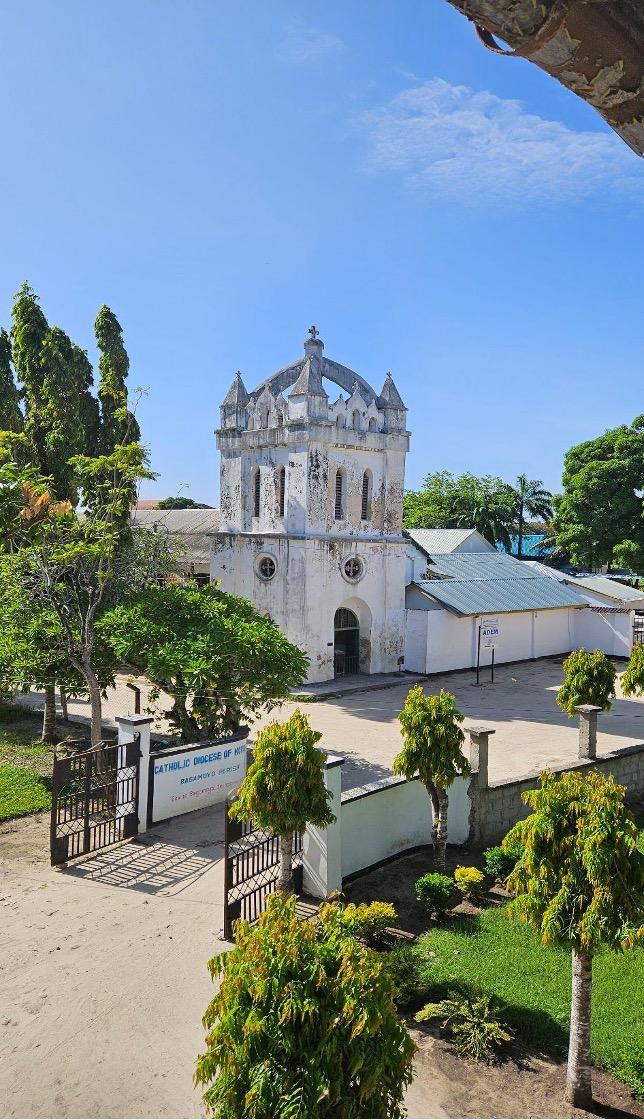
Day 1: Dar es Salaam

Day 2: Travel to Dodoma and Markets
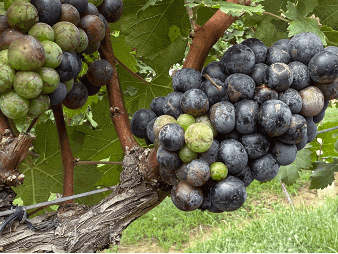
Day 3: AITEC, Wine Grapes, and Village Farms

Day 4: Dodoma Region Grape Growing and Wineries
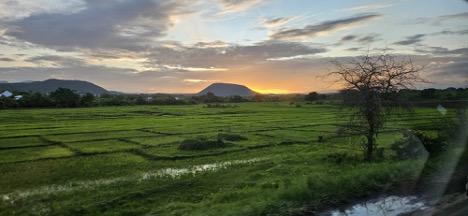
Day 5: Drive from Dodoma to Mbeya with a lunch stop in Iringa
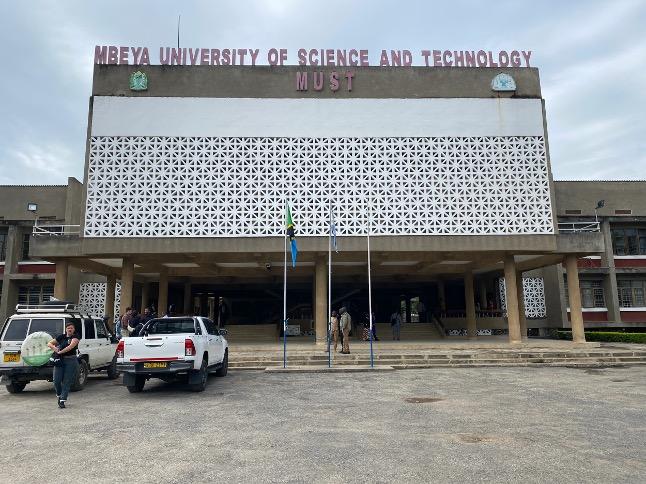
Day 6: Visit to Mbeya University of Science and Technology (MUST)
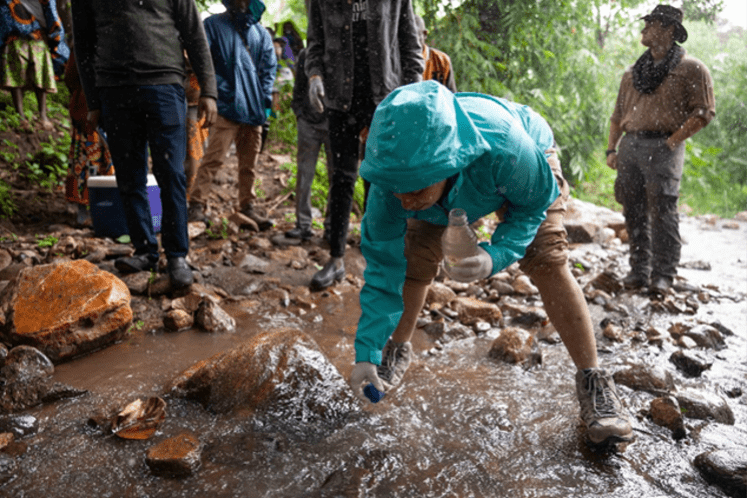
Day 7: Water Sampling; Farmer Engagement; Drive to Iringa
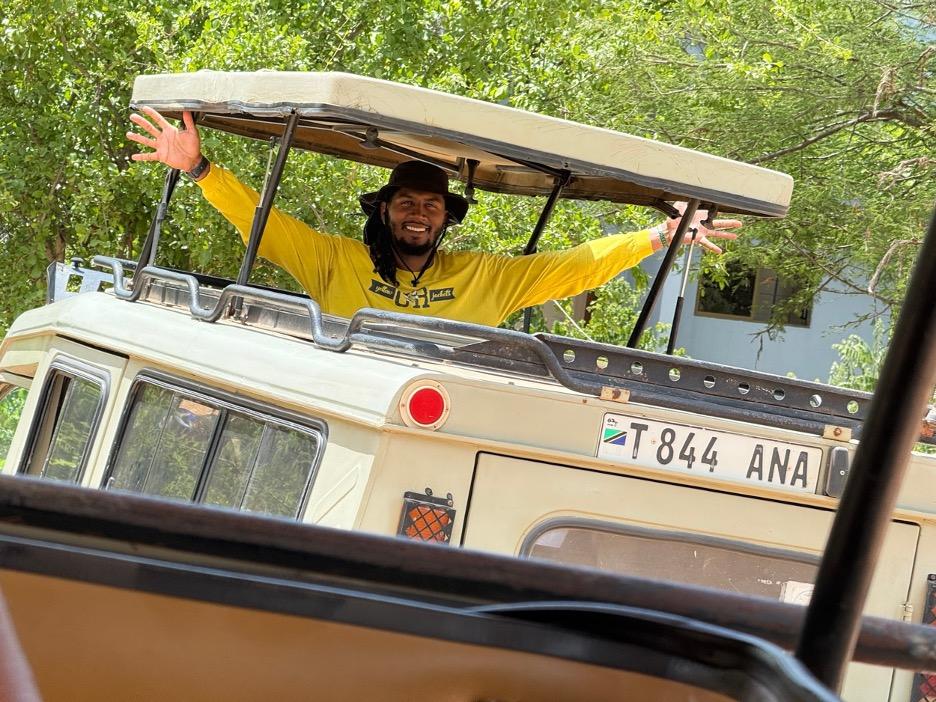
Day 8: Visit to Ruaha National Park
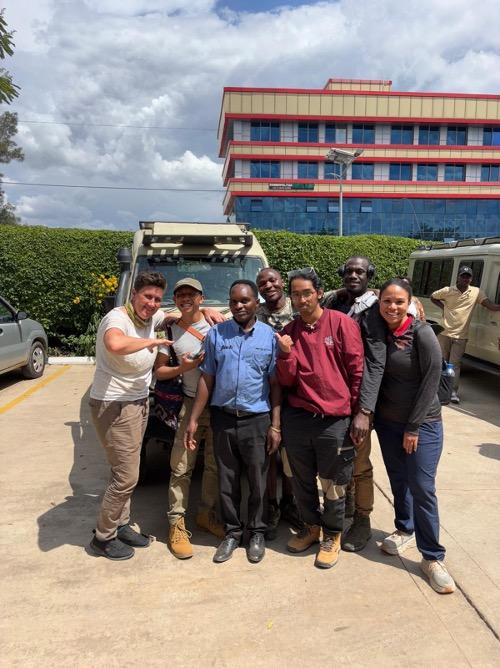
Day 9: Safari Day 2, Iringa transit, head Back to Mbeya, and a self-contemplation
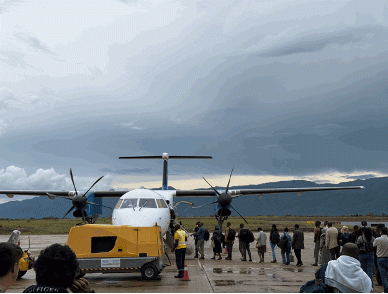
Day 10: Third Visit to MUST, Chocolate and Mangoes, Departure
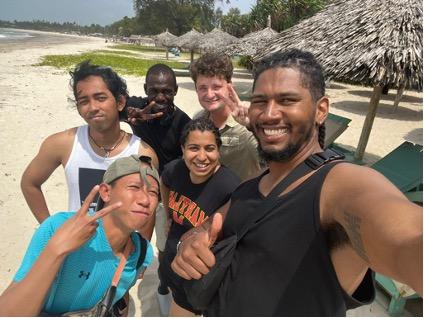
Day 11: Dar es Salaam's Kipepeo Beach; International Flights
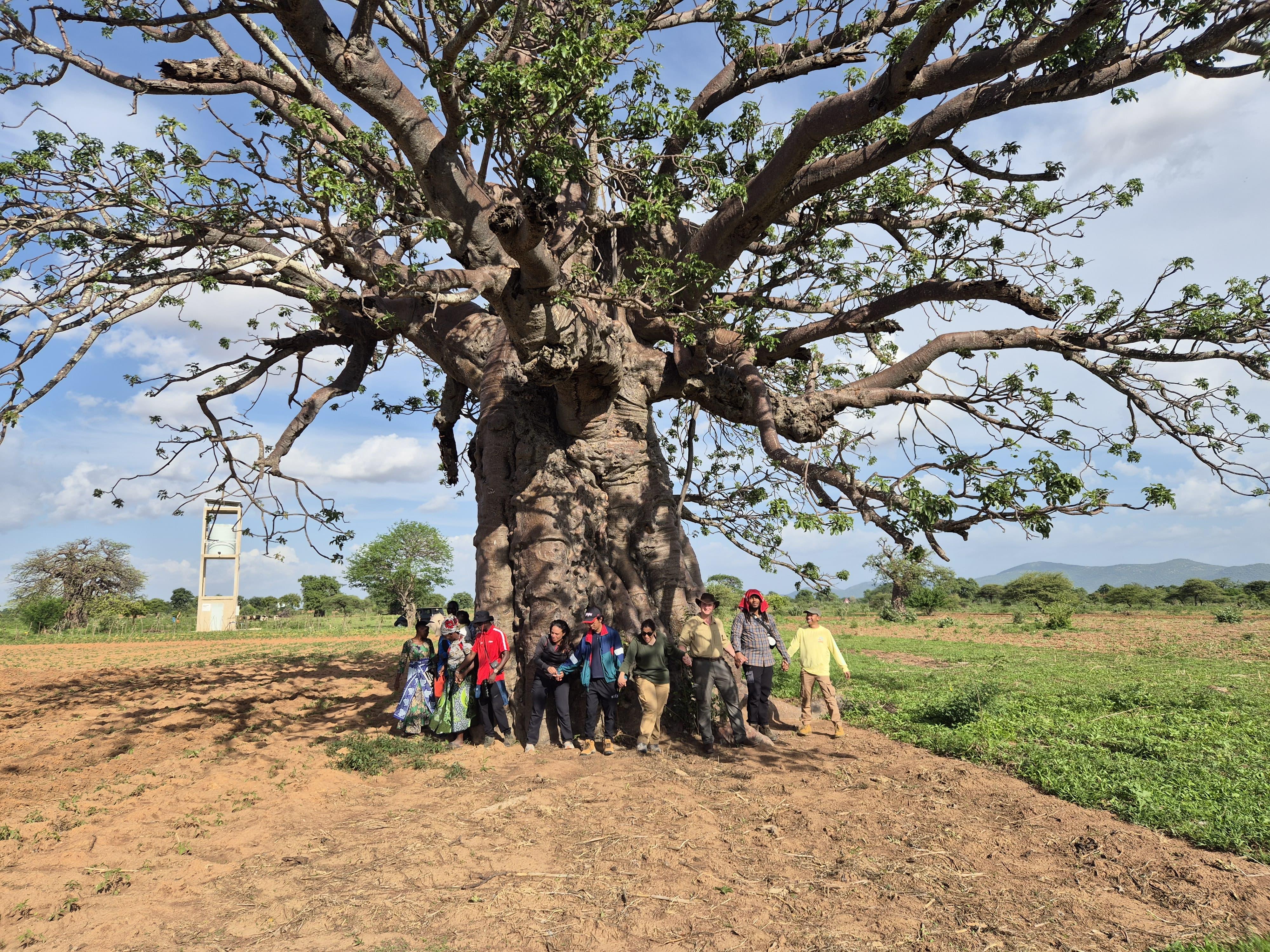
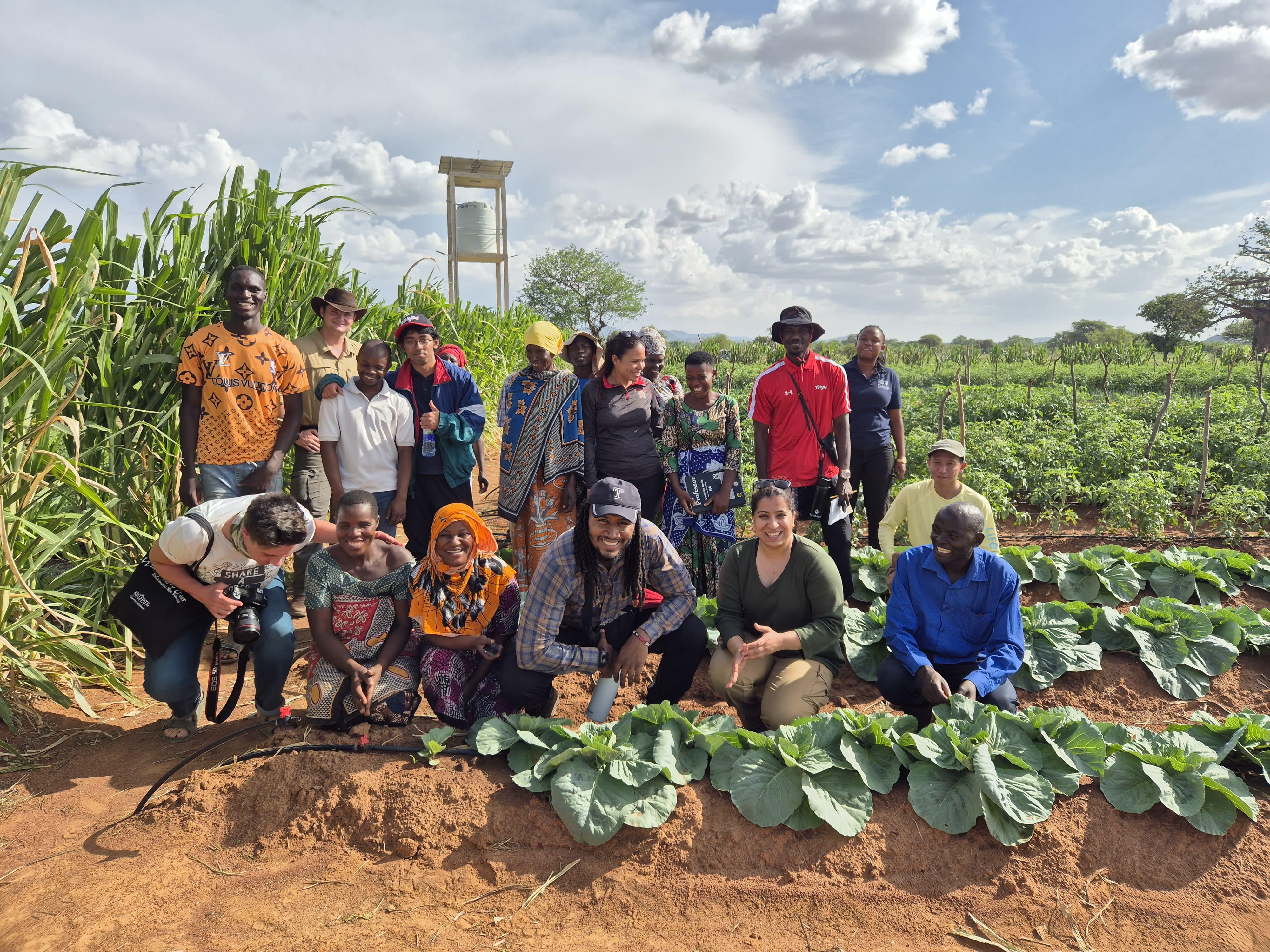



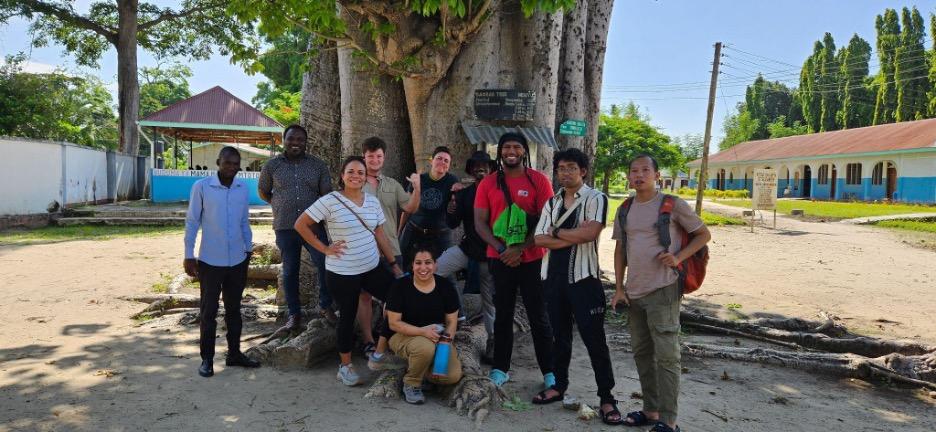


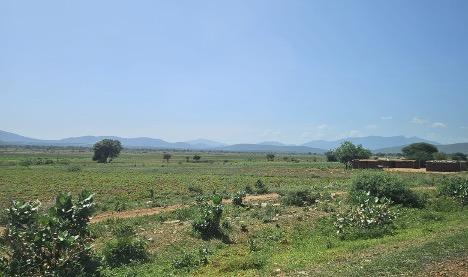
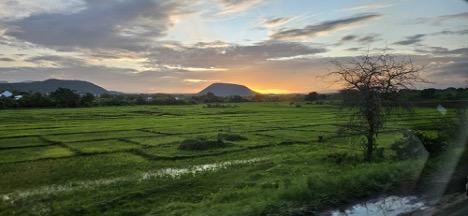
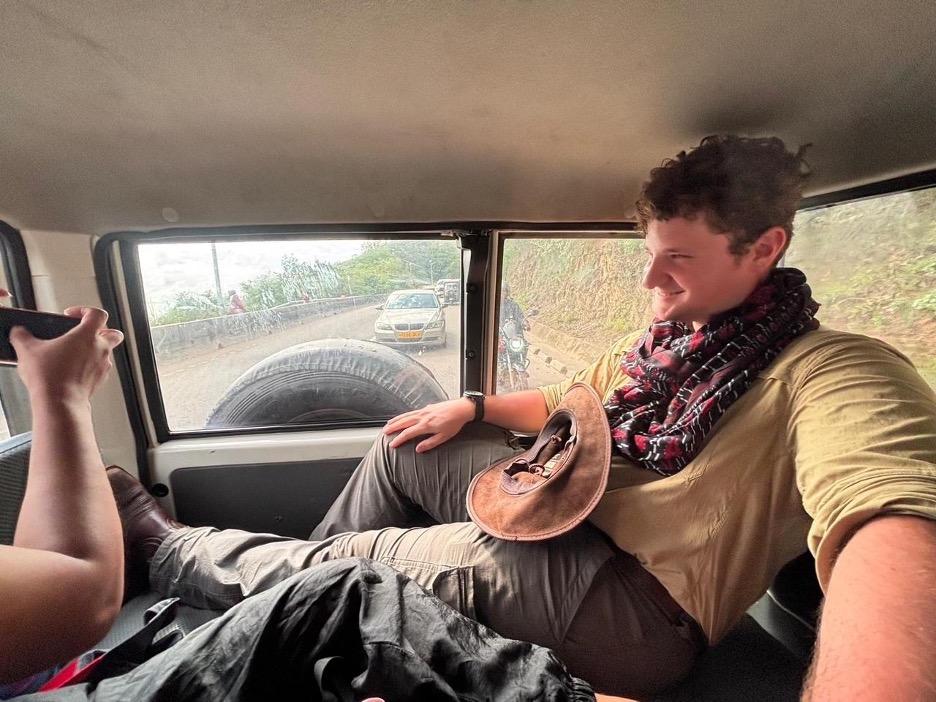
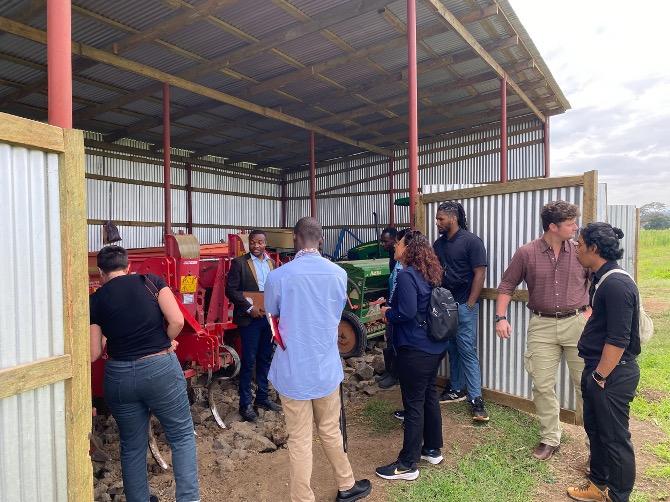
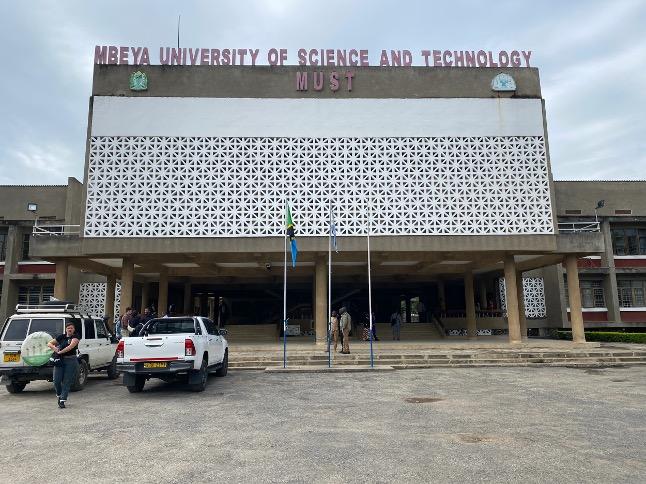
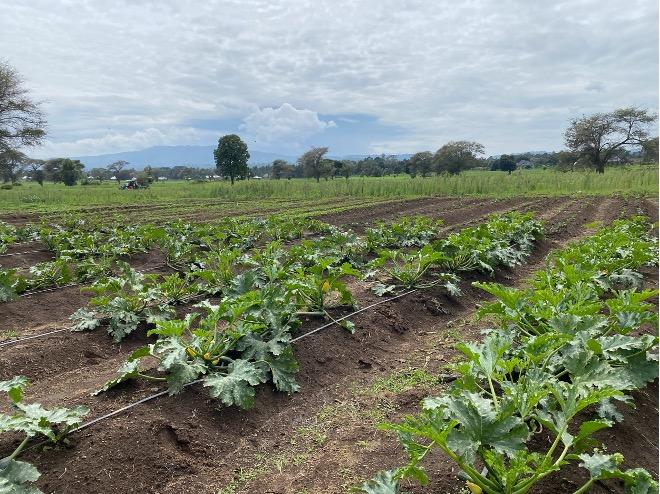
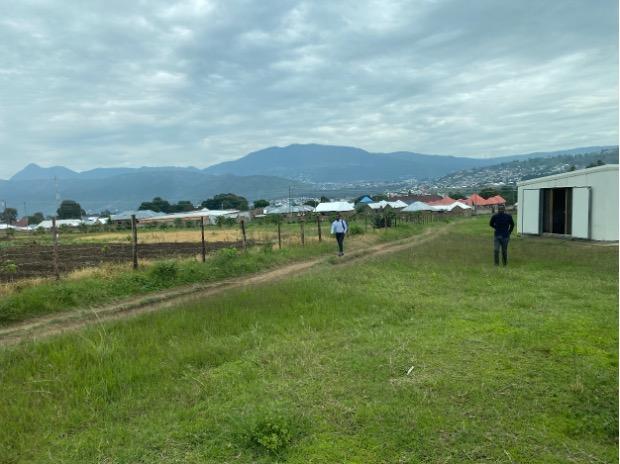
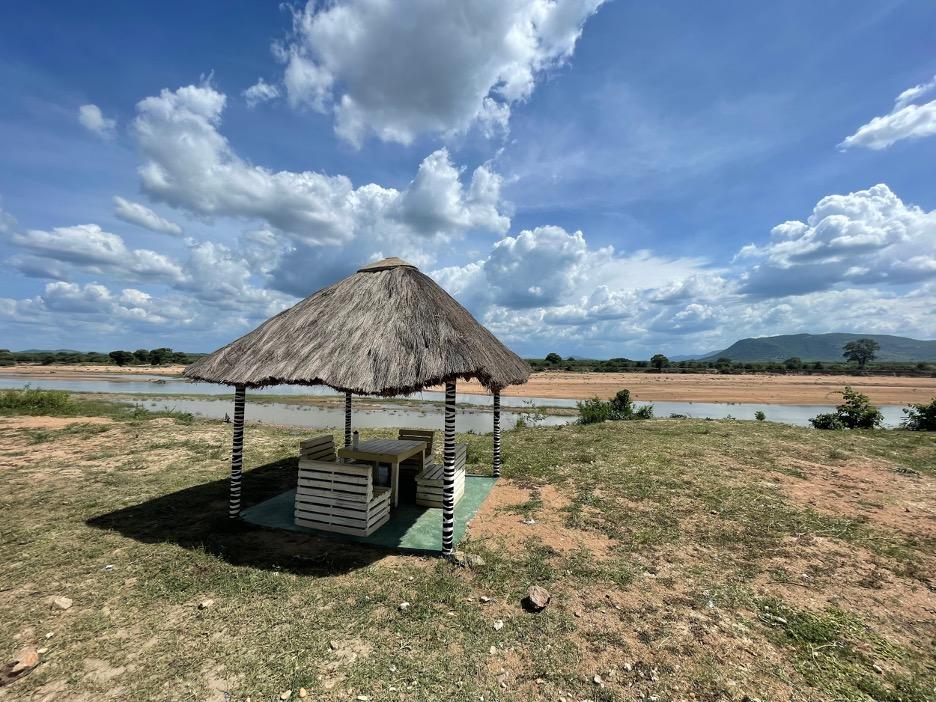
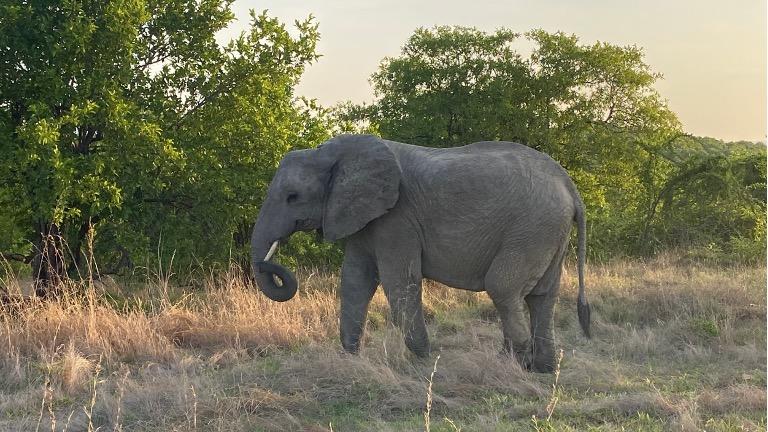
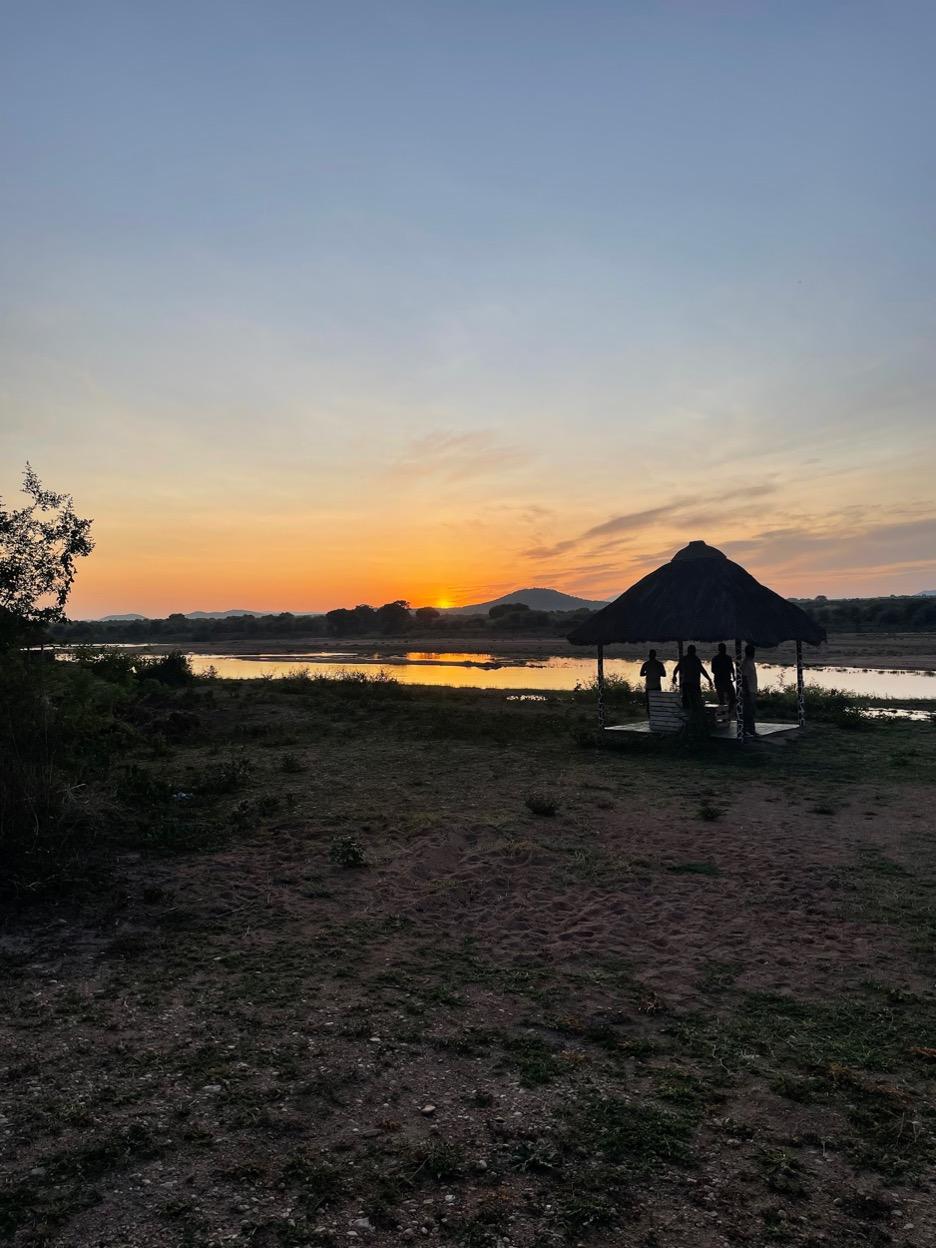
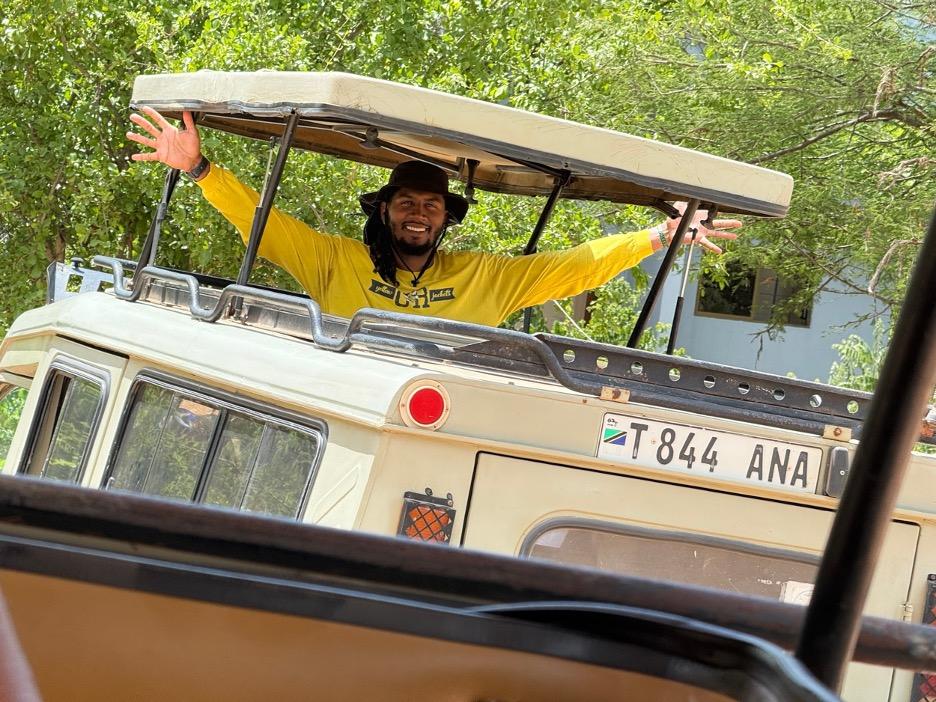
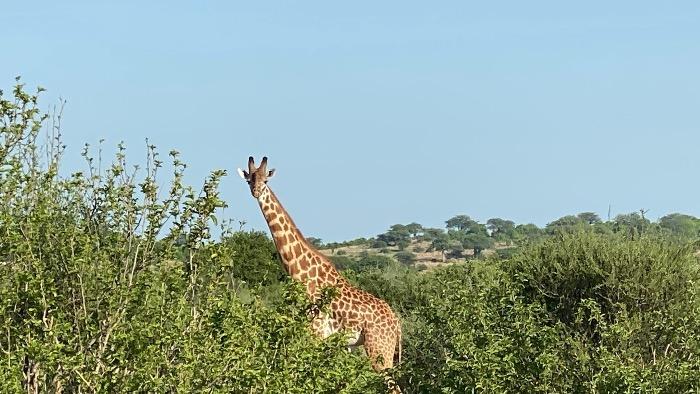
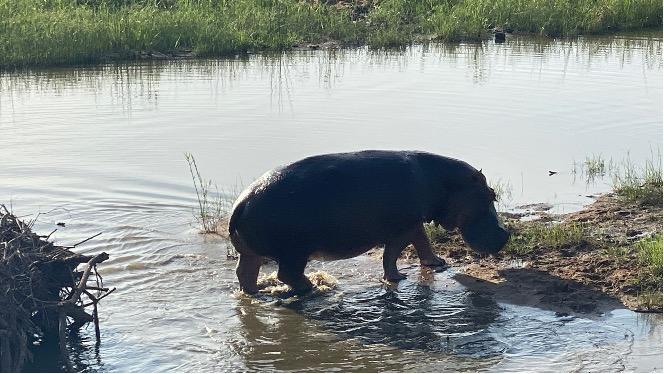
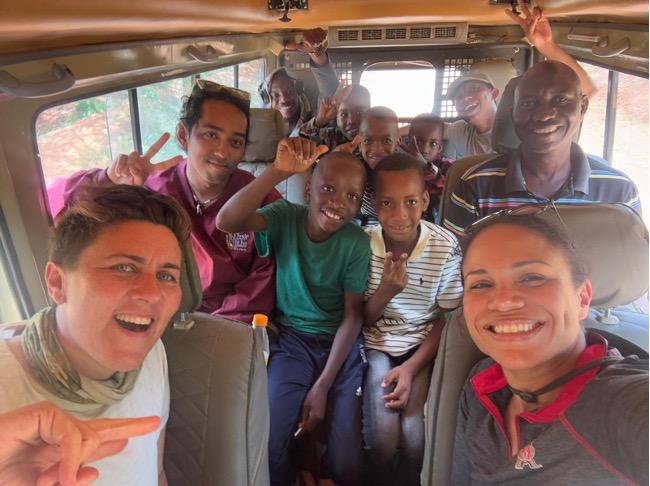
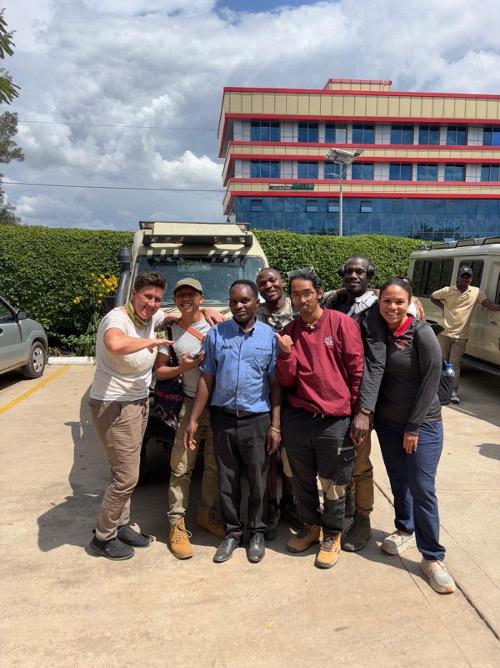
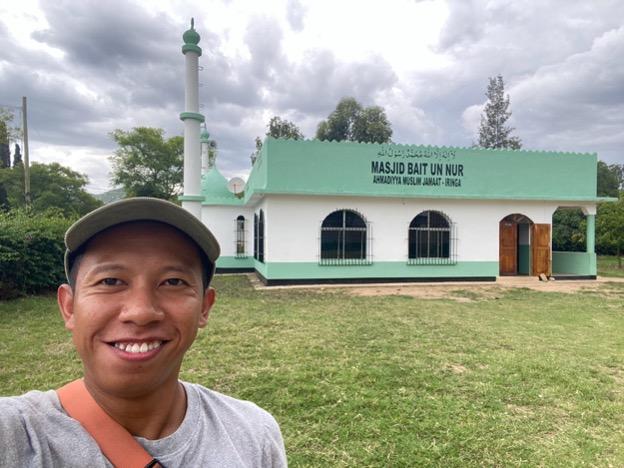
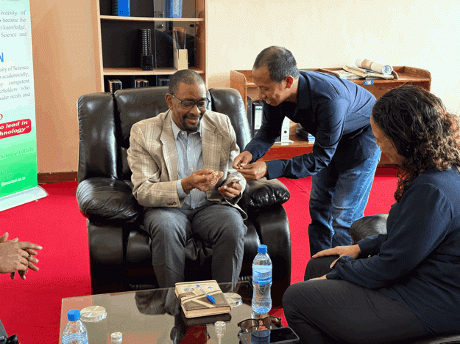
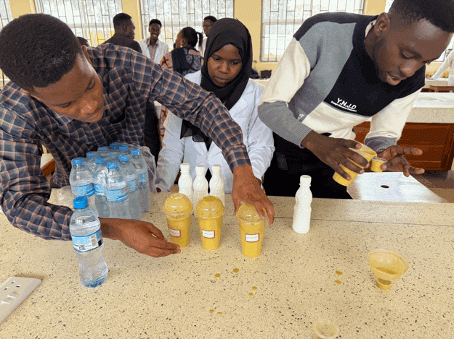

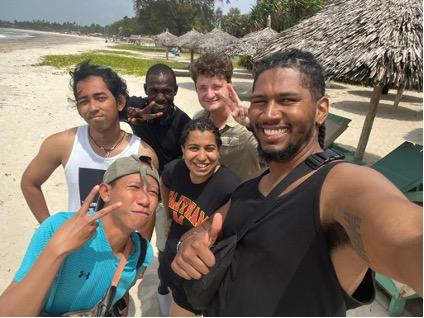
Itinerary:
Day 1: Saturday, Jan 4th: Arrive in Dar Es Salam; Visit Bagamoyo (historic site north of Dar).
Day 2: Sunday, Jan 5th: Train to Dodoma; Visit Dodoma markets.
Day 3: Monday, Jan 6th: Dodoma - Visit AITEC and Don Bosco; Visit a demo plot site and talk with small farmers; Drive to Mugu village (& pass by Dodoma’s sewage treatment site) to CultivAid’s vegetable demo plot & subsidy farmer site.
Day 4: Tuesday, Jan 7th: Visit different grape production sites around Dodoma (Chinangali, Hombolo & rain fed farmer); Dinner with wine tasting at Domiya Estate.
Day 5: Wednesday, Jan 8th: Mbeya - Drive from Dodoma to Mbeya (total 10 hours); Stop for lunch near Iringa; Visit Neema Crafts in Iringa; Hotel in Mbeya.
Day 6: Thursday, Jan 9th: Mbeya - MUST visit day: Transport to MUST; Visit to the Vice Chancellor’s office; Seminar with researchers to learn about FEW nexus research; Meeting with UMD students and MUST students; Lunch at the university; Tour of the university including the labs and demo farms.
Day 7: Friday, Jan 10th: Water sampling exercise with Marco and GFA interns. Visit 11 farms (some are closed right now); Meet with small farmers on their farms while collecting samples. Filter samples back at MUST; Drive to Iringa on Friday evening and spend the night.
Day 8: Saturday, Jan 11th: Visit Ruaha National Park
Day 9: Sunday, Jan 12th: Drive back to Mbeya; Visit Lake Ngozi or Lake Nyasa
Day 10: Monday, Jan 13: Workshop with farmers; Microbial and chemical quality of irrigation water; Mbeya Fabric and fruit markets; Fly Mbeya → Dar Es Salaam.
Day 11: Tuesday, Jan 14th: Day in Dar Es Salaam; Depart for DC
Meet the Leaders of the Travel Team:
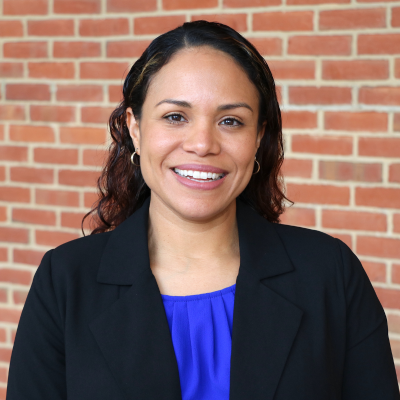
Dr. Rianna Murray is an Assistant Research Professor in the Department of Global, Environmental, and Occupational Health (GEOH). She is a co-PI of the Global FEWture Alliance, and is co-leading the initiatives of the Education FEWture subgroup. She is also working with the Maryland FEWture subgroup on Maryland-based projects. Dr. Murray is the PI of a recently-funded UMD Grand Challenges project, the Maryland Safe Drinking WATER Study. She is also the Director of Graduate Studies for the Environmental Health Sciences programs at the University of Maryland School of Public Health. She earned a BSc with a double major in biochemistry and chemistry from the University of the West Indies in Trinidad & Tobago, and a Master of Public Health and Ph.D. in Environmental Health Sciences from the University of Maryland, College Park.

Fid Thompson is a writer, researcher, photographer and visual artist. She works as a science writer and media relations specialist for UMD's School of Public Health. A creative and collaborative storyteller and communications specialist with 15+ years’ experience, they translate complex topics and human experience into compelling narratives that expand understanding and move people to act. She believes in the power of listening to and for voices and life experiences at the margins.
Meet the UMD Global STEWARDS on the Travel Team:

Aishwarya Rao: (Ash) is a Ph.D. student in the Food Science program of the Department of Nutrition and Food Science at the University of Maryland, College Park. Her current research includes understanding the survival of foodborne pathogens in microgreens grown in controlled environments. She aims to use various sustainable substrates as well as non-traditional water sources and monitor the survival of several enteric pathogens in the CEA continuum. She is also using whole genome sequencing to understand how the native microbiomes affect the survival of the pathogens in microgreens. Ultimately, her goal is to identify the risk factors associated with the production of microgreens so appropriate control measures can be recommended to producers. Her research interests include identifying viable strategies for various aspects of indoor agriculture, especially since it is emerging as a strategy to alleviate the effects of climate change.
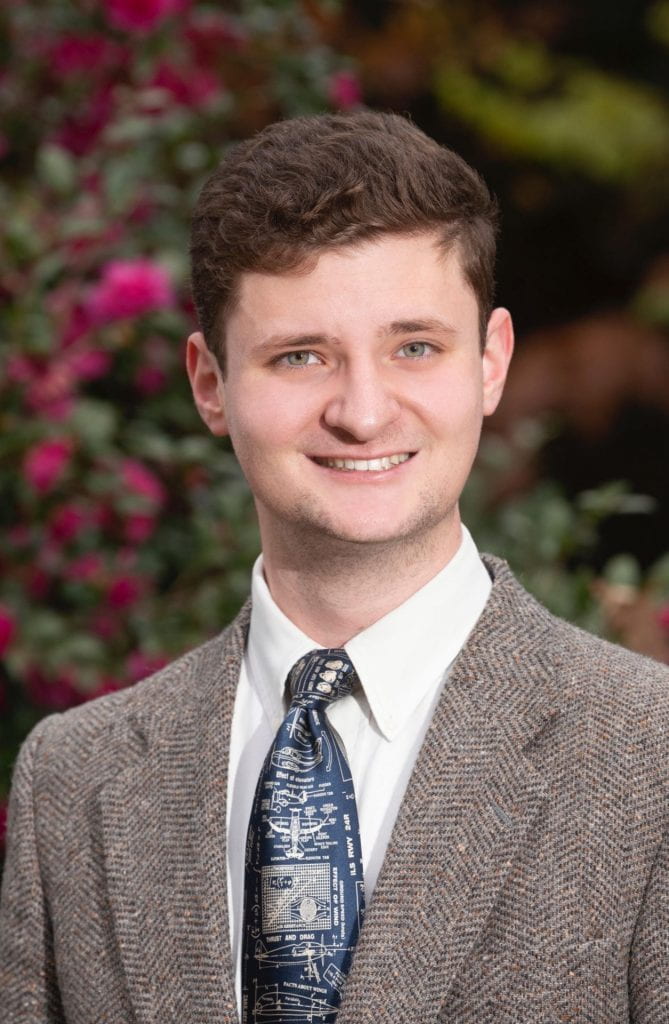
Christopher (Chuck) Baker: Chuck is a PhD student in the Department of Atmospheric Sciences at UMD. With expertise in mathematics, his research interests include the development and application of planetary boundary layer parameterizations, computational fluid dynamics in extreme weather events, and improving the accuracy level of predictions. Chuck is a rated aviation and drone pilot, a dedicated weather enthusiast, and an avid outdoorsman. Chuck currently serves at the Earth System Science Interdisciplinary Center (ESSIC) focusing on the regional Climate-Weather Research and Forecasting (CWRF) model as part of the Earth System Modeling group (EaSM) at the University of Maryland-College Park.

Damani Eubanks: Damani is a PhD student in the Behavior, Ecology, Evolution and Systematics program within the Biology Department. His research is focused on developing a quantitative definition of Forest Health that is globally applicable and building a predictive model to forecast forest health outcomes into the future. This definition will include various biotic, abiotic and anthropogenic factors with the goal of connecting ecological research with forest conservation and management efforts.
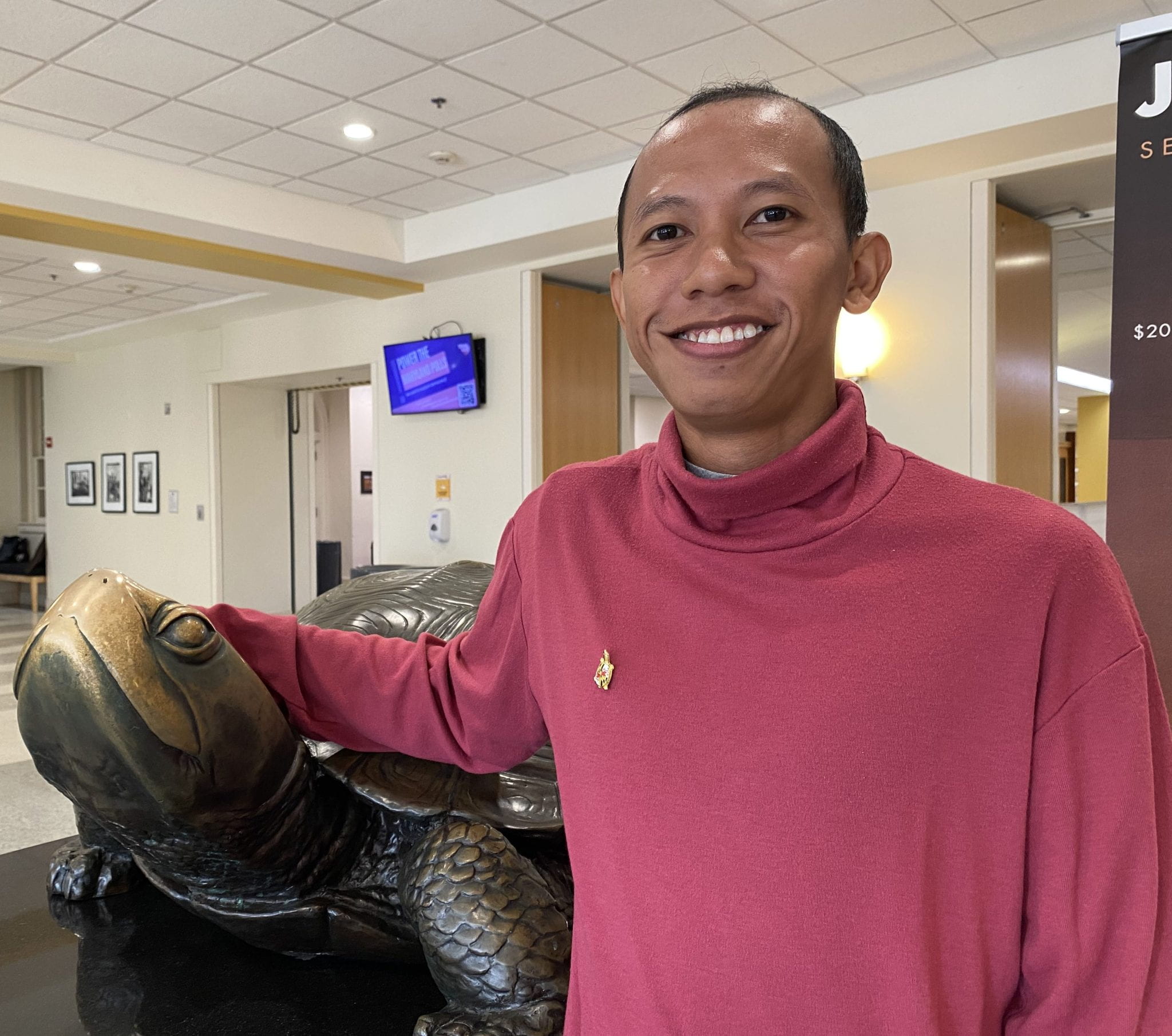
Fahmi Dwilaksono: Fahmi is a PhD student in the Department of Environmental Science and Technology at the University of Maryland. He holds a master’s degree in Biosystems and Agricultural Engineering from Michigan State University and a bachelor’s degree in Biotechnology from Sumbawa University of Technology in Indonesia, where he was born and raised. His research interests are related to using the anaerobic digestion process as an approach to mitigate climate change impacts while producing renewable energy and providing nutrition for crop soil. His doctoral research will focus on the anaerobic co-digestion of poultry litter and switchgrass, as well as performing a life cycle assessment (LCA) to analyze the environmental impact of the system and trace the methane emissions from the anaerobic digester using isotopic techniques. He hopes to align his research goals with the Global STEWARDS mission, which aims to optimize the anaerobic digestion process to support sustainable agriculture by processing waste into energy, supporting soil fertility and crop growth, and providing water for agricultural purposes.
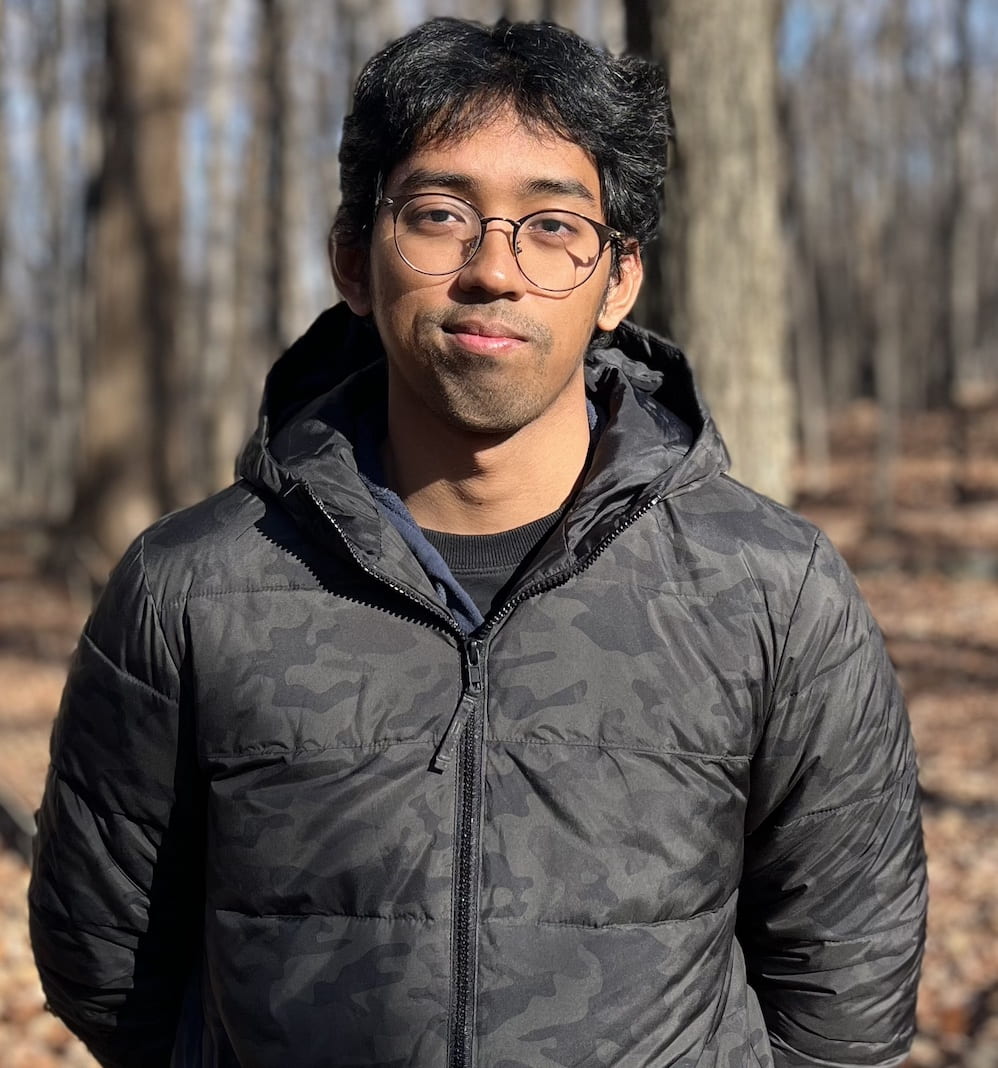
Gerry Andhikaputra: Gerry is a PhD student in Epidemiology and Biostatistics at the University of Maryland, with a background in Environmental Engineering. He holds a Bachelor of Engineering degree from Sepuluh Nopember Institute of Technology, Indonesia, and a Master of Science degree from Chung Yuan Christian University, Taiwan. Passionate about the intersection of climate change and public health, his research focuses on how extreme weather events influence the risks of diarrhea and dengue fever in vulnerable communities, particularly in the Asia-Pacific region.

John Augustus Samura: John is a Master’s student in the Department of Agricultural and Extension Education at the University of Maryland. He holds a Bachelor’s degree in General Agriculture from Njala University in Sierra Leone. In recent years, he has worked with several nonprofit organizations, including CGIAR WorldFish, where he focused on researching and implementing integrated rice-fish systems to address malnutrition and enhance the livelihoods of resource-constrained farmers in Northern Sierra Leone. His research interests are focused on sustainable agricultural innovations that increase productivity and profitability among smallholder farmers, particularly in resource-constrained regions. He aims to explore and promote technologies such as rainwater harvesting, efficient small-scale irrigation systems, and mobile-based applications that assist farmers with decision-making to optimize yields, reduce agricultural costs, and improve their market access. Additionally, he is interested in examining how these technologies can be modified and adapted to fit African farming systems.
Here's a sampling of their interests and intentions for the trip:
Given the collaborative and equity-focused design of Global STEWARDS, I hope to engage with Tanzanian experts to increase my understanding of research and conservation outside of the Global North. My goal is to apply my work on modeling forest changes in response to climate change on a global scale. Collaborating with the researchers at Mbeya University of Science and Technology (MUST) will enhance my knowledge on conducting research, specifically in Tanzania, and more generally in the Global South. As forests serve as a vital food, energy, and water sources for rural residents in the Global South, protecting them is crucial in the face of climate change, deforestation, and other emerging issues. --Damani Eubanks
I’m excited to travel to Tanzania because it provides a unique chance to explore the intersection of water sustainability and atmospheric boundary layer dynamics, which is my area of expertise. After researching the work being done by MUST and CultivAid, I believe this experience will offer valuable insights into sustainable water reuse solutions for irrigation in off-grid communities. I am particularly interested in how water management systems affect local microclimates and interact with atmospheric boundary layer dynamics—specifically, how they impact moisture fluxes, surface-atmosphere interactions, and temperature gradients. This understanding is vital for my ongoing research into how the boundary layer adapts in different environmental conditions, especially in regions like Tanzania that are vulnerable to climate change. Beyond the technical insights, the opportunity to collaborate with local experts and communities will offer fresh perspectives on how innovative water systems can mitigate climate impacts. --Christopher (Chuck) Baker
During my visit to Tanzania, I aim to acquire knowledge on the access and adoption of innovations that enhance sustainable soil nutrient management and recycling. These include cover crops; farmers' expertise in crop rotation that reduces reliance on synthetic chemicals; and small-scale, efficient irrigation technologies that minimize nutrient seepage, thereby preventing the contamination of rivers and wells. Engaging with organizations like Cultivaid and MUST will help me understand the collaboration between research institutions with government ministries, departments, and stakeholders in a pluralistic framework that facilitates the expansion of FEW resources to farmers. This experience will provide practical insights into the challenges of adopting sustainable practices. --John Samura
I hope that my experience in Tanzania will show new approaches in agricultural innovations that enhance production and income, creating resilience to climate change. I look forward to learning how our Tanzania equips its younger generations and the rural community with critical thinking, innovation, and leadership so that they are able to optimize Tanzania’s potential. This trip will enrich my research on how anaerobic digestion could contribute green electricity to support local off-grid communities. My trip to Tanzania will be a bridge for my learning experience to connect sustainability in agricultural practices with leadership that empowers the local community to collectively cope with climate change and continue our efforts to protect mother earth as a safe place for us and future generations. --Fahmi Dwilaksono
I aim to engage with local experts, community members, and researchers to learn about the unique challenges they face and the adaptive strategies they have developed, particularly in water management. Gaining their insights will enhance my research by providing practical perspectives and case studies that go beyond the literature, grounding my work in real-life contexts. The trip will broaden my research perspective by understanding the intersection of climate adaptation and public health across diverse cultural and environmental settings. It would also foster valuable cross-cultural communication skills and partnerships, further strengthening my ability to translate my research into actionable solutions that benefit similar communities. Ultimately, participating in this trip aligns perfectly with my goal of addressing complex, real-world issues that bridge environmental and public health fields. --Gerry Andhikaputra
Tanzania has always been a fascinating country for me given its rich heritage and wildlife. While developed nations have the resources to implement sustainable practices at the FEW nexus, the real goal would be to help nations that lack the infrastructure or are geographically and economically overlooked. At the annual meeting earlier this year, the images from MUST and their enthusiasm to embrace new technologies has motivated me to think of more practical and implementable solutions. I would prefer to visit Tanzania to get an idea of how the community works in terms of both the willingness to comply as well as the possible resistance we may encounter. This trip will challenge my core beliefs and enable me to think outside the box, which is exciting, especially since I want to pursue a career in environmental and food safety research. The Global STEWARDS program teaches us to think from a well-rounded perspective and I believe this trip will help me channel my perspectives into realistic yet futuristic thinking about sustainability. --Aishwarya Rao
